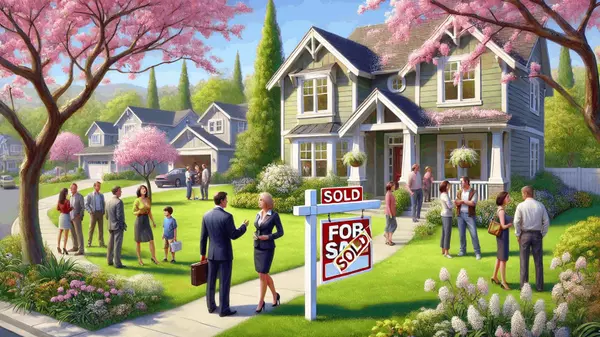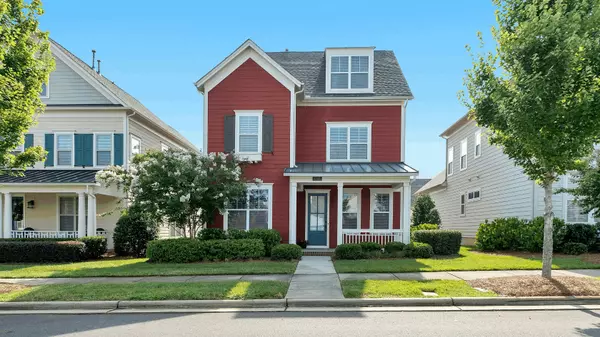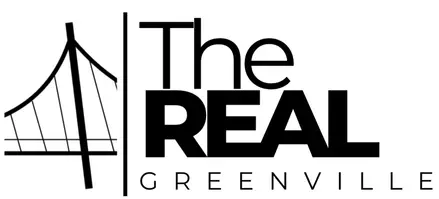Welcome to the REal Greenville
It's not just the homes or buildings that make up the community but the people. Come see where and who make Greenville such a special place to call home and raise a family.

What Happens to Your Mortgage and Bills After a Natural Disaster?
With wildfires sweeping through Los Angeles County, images of destruction are everywhere. Over 12,000 structures have been burned down, neighborhoods reduced to rubble, and nearly 92,000 residents forced to evacuate. As Angelenos come together to rebuild their city—and their lives—people across t

Lessons on Homeownership from Zillow’s Chief Economist
Recently, I came across a podcast featuring Skylar Olsen, Zillow’s Chief Economist. Much of the conversation was what you might expect—housing market predictions for 2025, what Zillow got wrong about 2024, and a breakdown of trends shaping real estate across the country. In other words, the kind

How to Host Holiday Guests Like a Pro (Without Spending a Fortune)
The holidays are almost here, and your home is about to be center stage for festive gatherings and cozy reunions. Whether you’re looking forward to hosting or dreading it, the good news is that you don’t have to empty your wallet while prepping your home. As a real estate agent, I’ve seen firstha
Recent Posts











